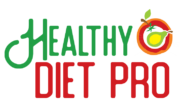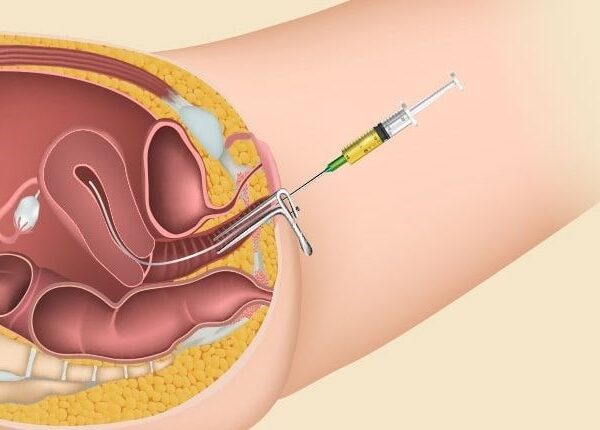Gastritis and peptic ulcer disease can be uncomfortable and debilitating conditions that affect millions of people worldwide. These digestive disorders often result from an unhealthy diet and lifestyle, but they can be managed effectively with the right dietary choices and lifestyle modifications. In this article, we will explore the best dietary practices to alleviate symptoms and promote healing for individuals suffering from gastritis and peptic ulcer disease https://healthhabitbyheejin.com/diet-for-gastritis-and-peptic-ulcer-disease-2.
Understanding Gastritis and Peptic Ulcer Disease
Before we dive into dietary recommendations, it’s essential to understand these conditions better.
What is Gastritis?
Gastritis refers to the inflammation of the stomach lining. It can be acute, causing sudden and severe symptoms, or chronic, leading to long-term discomfort. Common symptoms include abdominal pain, nausea, vomiting, and bloating.
What are Peptic Ulcers?
Peptic ulcers are open sores that develop on the inner lining of the stomach, small intestine, or esophagus. They can result from untreated gastritis or the presence of Helicobacter pylori (H. pylori) bacteria. Symptoms include burning stomach pain, indigestion, and bloating.
The Importance of Diet
Diet plays a crucial role in managing and preventing gastritis and peptic ulcer disease. Making informed dietary choices can help alleviate symptoms and promote healing. Here are some dietary guidelines to consider:
Avoid Trigger Foods
Certain foods and beverages can exacerbate gastritis and peptic ulcers. It’s essential to identify and avoid these triggers. Common trigger foods include:
- Spicy Foods: Spices and spicy foods can irritate the stomach lining. Opt for milder flavors.
- Acidic Foods: Citrus fruits, tomatoes, and vinegar are highly acidic and can worsen symptoms.
- Caffeine and Alcohol: Both can increase stomach acid production. Limit or eliminate them from your diet.
Embrace Anti-Inflammatory Foods
Incorporating anti-inflammatory foods can help reduce inflammation and soothe the digestive tract. Consider adding these to your diet:
- Oatmeal: A soothing and filling breakfast option that can coat the stomach lining.
- Yogurt: Contains probiotics that promote gut health and reduce inflammation.
- Ginger: Known for its anti-inflammatory properties, ginger can alleviate stomach discomfort.
Opt for Lean Proteins
Choosing lean sources of protein can be easier on your stomach. Opt for:
- Skinless Poultry: Chicken and turkey are lean protein sources that are gentle on the digestive system.
- Fish: Fatty fish like salmon, mackerel, and trout are rich in omega-3 fatty acids, which have anti-inflammatory properties.
Small, Frequent Meals
Instead of three large meals, consider eating smaller, more frequent meals throughout the day. This can prevent excessive stomach acid production and provide constant nourishment to your digestive system.
Conclusion
Managing gastritis and peptic ulcer disease through diet is possible with the right strategies. Avoiding trigger foods, embracing anti-inflammatory options, opting for lean proteins, and consuming small, frequent meals can make a significant difference in your comfort and healing journey.





